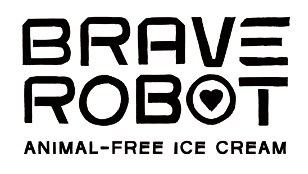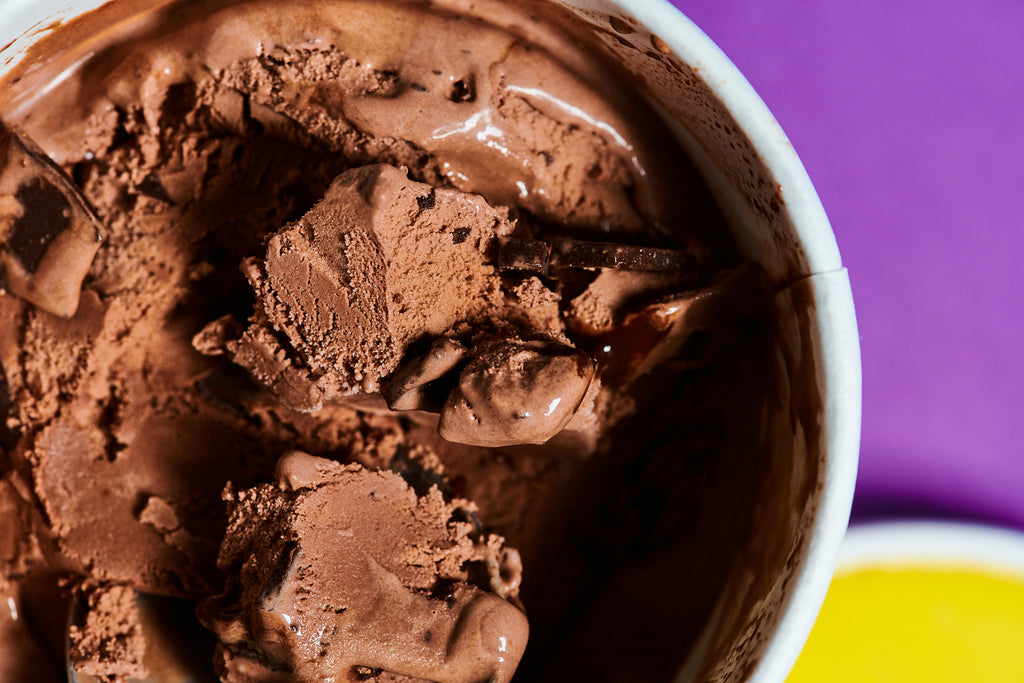

Perfect Day has secured $750m in funding since its creation in 2014. The negatives associated with typical alternatives are just not there.” I think the main reason for that is fundamentally the technology delivers a product to a consumer where it tastes like dairy, functions like dairy, feels like dairy. And by the summer, we were the fastest-growing ice cream in the category. So we hit the shelves (US) nationally in March of 2021. Kollesoff added: “Brave Robot exceeded every expectation we had in the first year. We know the way we make protein is 97% less greenhouse gas emissions, less energy and less water.” “The fact our products are all lactose-free is a big buying reason. He also pointed to environmental concerns. “Several other things” are planned for those Asian markets this year, including the Coolhaus-Brave Robot ice cream, Kollesoff said.Įxpansion into Europe is also on the cards once TUC gets regulatory approvals for the animal-free whey proteins from food standards authorities, a “hurdle that’s essentially a formality”, Kollesoff said, adding he hopes to get clearance toward the end of the year or early in 2023.ĭemand in the US for TUC’s animal-free dairy products is likely to be supported by what Kollesoff describes as a “huge lactose intolerance problem”. protein powders have also recently been launched in Hong Kong and Singapore. Three months ago, the firm launched an animal-free dairy protein powder under another brand, California Performance Co., using Perfect Day’s non-animal, fermented whey protein.Īvailable in the US, the California Performance Co. If the right opportunity comes, in the right category, then we’re open to it, and we’re actively pursuing several opportunities all the time.”Īway from ice cream, TUC launched Modern Kitchen last year as its animal-free dairy brand and rolled out a cream-cheese alternative domestically. We can do that organically or inorganically.

In terms of potential M&A activity, Kollesoff added: “Strategically, we want to get into several categories. I’d love to be penetrating all of those,” he explained. “Dairy speaks for itself in the traditional dairy case, so go in a store and look at all the dairy products.


Kollesoff is also keen to expand into other dairy segments. According to research firm GlobalData, the US ice-cream category was valued at US$12.8bn in 2020 and is expected to increase at a compound annual growth rate of 3.1% to reach $15bn by 2025. The first collaboration between Coolhaus and Brave Robot – another animal-free ice cream – is due to launch with a “major” US retailer in May, he said.ĭairy alternatives account for 3% of the US ice-cream category, Kollesoff noted. And that’s the objective with Coolhaus – converting their traditional dairy products and consumer through to an animal-free dairy proposition.”Īccording to the Brave Robot website, current stockists include Harris Teeter, Safeway and Sprouts Farmers Market. You can go and create new products and then go and compete and take market share, or you can acquire and convert. “What we’re trying to do is to have a sustainability impact on the food system,” Kollesoff said.


 0 kommentar(er)
0 kommentar(er)
